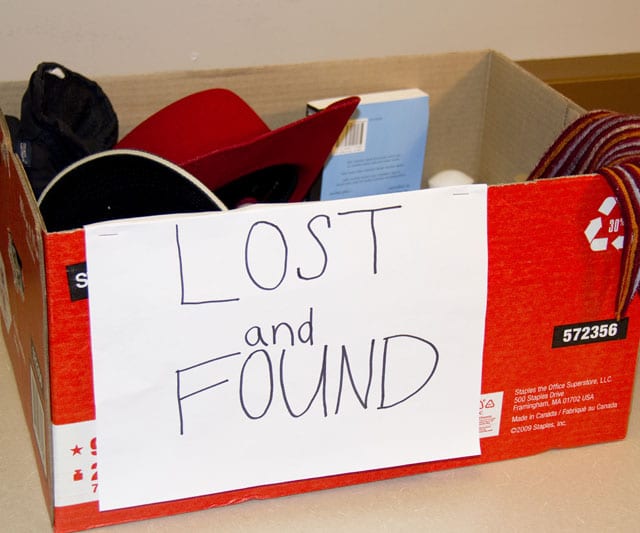The Department of Labor is proposing a regulation that it says would reduce the number of lost retirement accounts as well as cash-outs when workers change jobs.
DOL’s Employee Benefits Security Administration released the proposed rule on Jan. 18. It will be published in the Federal Register with a 60-day comment period.
Currently, when a worker leaves a job and has a balance of $7,000 or less in their retirement account, their employer may automatically roll that money over into a Safe Harbor IRA if their plan allows it and the worker doesn’t take action after being notified.
However, oftentimes workers lose track of small retirement accounts at their former employers. The proposed rule would implement a section of the Secure 2.0 Act that allows providers to charge fees to automatically transfer a Safe Harbor IRA to a retirement plan at the worker’s new employer.
Charging such fees, called automatic portability transactions, are not currently permitted under the IRS code. The new regulation would allow automatic portability fees if certain requirements are met.
In 2004, the U.S. secretary of labor issued regulations allowing automatic rollovers to Safe Harbor or “default” IRAs. DOL says automatic portability transactions that would allow funds from default IRAs to be transferred to new-employer accounts help facilitate moving assets from one tax-favored retirement plan to another. The new-employer plan receiving the funds must allow such roll-ins, the proposal says.
Matching accounts
Under a new framework, automatic portability providers would have access to records of default IRAs and transfer-in plans so they could make a match. The provider would then automatically roll the individual’s IRA assets into the new employer’s plan.
“Automatic portability transactions may be particularly important and helpful to workers who have lost contact with their retirement plans when they change jobs, cannot be located because the plan does not have updated address information or other contact information for separated employees, or refuse to respond to plan communications about their retirement account,” the proposal says.
It also notes that when a provider transfers funds from a former employer to a default IRA without the participant being involved, there is a greater risk of the funds becoming lost or difficult to find.
“Therefore, automatic portability transactions are intended to benefit participants and IRA owners that are unresponsive or considered missing,” it says.
Retirement savings fall short
The regulation will alleviate obstacles — including complex rollover processes — and improve retirement savings, the proposal says. “This is particularly beneficial given the wider context that many workers have insufficient retirement savings. Only 57 percent of households headed by 55-64 year olds held any retirement savings accounts in 2022, and the median amount in those accounts was $185,000,” it added.
“The Federal Reserve reports that only one-third of Americans view their retirement savings plan as sufficient to meet their needs in retirement,” the DOL notes. “This is consistent with projections by VanDerhei (2019) showing that about 41 percent of households ages 35 to 64 will run short of money in retirement. Similarly, Brown et al. (2018) find that nearly 77 percent of Americans are behind in saving for retirement given their age and income.”
A 2023 study finds that more than 40% of separating employees cash out at least some of their plan balance, which is consistent with recordkeepers who have found a cash-out rate of 40% for separating participants with account balances below $5,000, DOL says.







